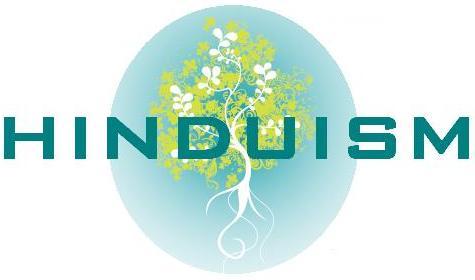 Questioning the proprietary claim of Kashmiri Pandits over temples in Kashmir, a trust headed by senior Congress leader Karan Singh today asked the community to abandon the “negative and hostile attitude” and support the various Hindu trusts functioning in the Valley.
Questioning the proprietary claim of Kashmiri Pandits over temples in Kashmir, a trust headed by senior Congress leader Karan Singh today asked the community to abandon the “negative and hostile attitude” and support the various Hindu trusts functioning in the Valley.
“It is most unfortunate that a section of the Kashmiri Pandit community has once again raised the bogey of Hindu shrines in the Valley. The shrines located in Kashmir can by no stretch of the imagination be considered the property of Kashmiri Pandits,” President, Jammu and Kashmir Dharmarth Trust, Major General (Retd) R S Jamwal said in a statement here.
He said after the exodus the Kashmiri Pandit community represented a minuscule minority in the Valley and it was the Dharmarth Trust that fulfilled the responsibility of managing these great shrines.
“After 1990, the Kashmiri Pandit community virtually disappeared from the Valley, and it is to the credit of the Dharmarth Trust that they ensured that every temple under their management remained safe and operative during this period,” he said, adding “The shrines are visited by lakhs of Hindus from around the country and abroad.”
He said the distinction being made between Kashmiri Hindus and other Hindus is “pernicious and unconstitutional”.
Jamwal said Kashmiri Pandits have neither the organisation nor the resources to manage these temples.
“The Dharmarth Trust as well as other Hindu trusts in the Valley, including the Sanatan Dharam Sabha, the Arya Samaj, the Srichand Chinar, the Adi Guzar and the Dashnami Akhada are functioning efficiently and effectively.
“The experience of the shrines actually managed by the Kashmiri Pandit community, with rare exceptions, has been disastrous. We urge that they abandon this negative and hostile attitude and in fact support the various Hindu trusts that are functioning in the Valley,” he said.
Several Kashmiri Pandit organisations have been pressing for the passage of Temple and Shrines Bill to “recover religious property in ruins” and handing over of all such temples as part of their “ancestral property”.
Some organisations also criticised Singh, the last heir to the throne of the former princely state of Kashmir, for holding the custody of 12 famous temples in the name of the Dharmarth Trust and claimed that crores of rupees generated from the places of worship goes into the kitty of unknown persons instead of renovation of the temples.
Rejecting the accusations, Jamwal said it was Maharaja Gulab Singh who founded the state of Jammu and Kashmir in 1846 and also set up the Dharmarth Trust.
“The one temple that was damaged in Rainawari was re-consecrated at a cost of over Rs 20 lakh. The budget of the Trust is published every year and its accounts scrupulously audited. We, therefore, strongly refute the wild and malicious statements questioning the integrity of the Trust,” he said.
He said Singh inherited the sacred duty from his ancestors and has for 60 years been guiding the Trust with great ability and foresight.
“During this period, a large number of improvements have been made in shrines throughout the state, and Singh has personally donated lakhs of rupees to the Trust,” he said, adding “to allege that Singh would ever do anything that is detrimental to the interests of the Hindus is malicious and condemnable”.
“Attempts by a section of the Kashmiri Pandits who are living securely in the Dogra heartland to vilify Karan Singh and the Dharmarth Trust are highly condemnable and will be counterproductive for the community,” Jamwal said.
Chairman, Premnath Bhat Memorial Trust Arjan Nath had recently alleged that people like Singh do not want Temple and Shrines Bill to be passed because “if it happens, he will lose his main source of income.”





